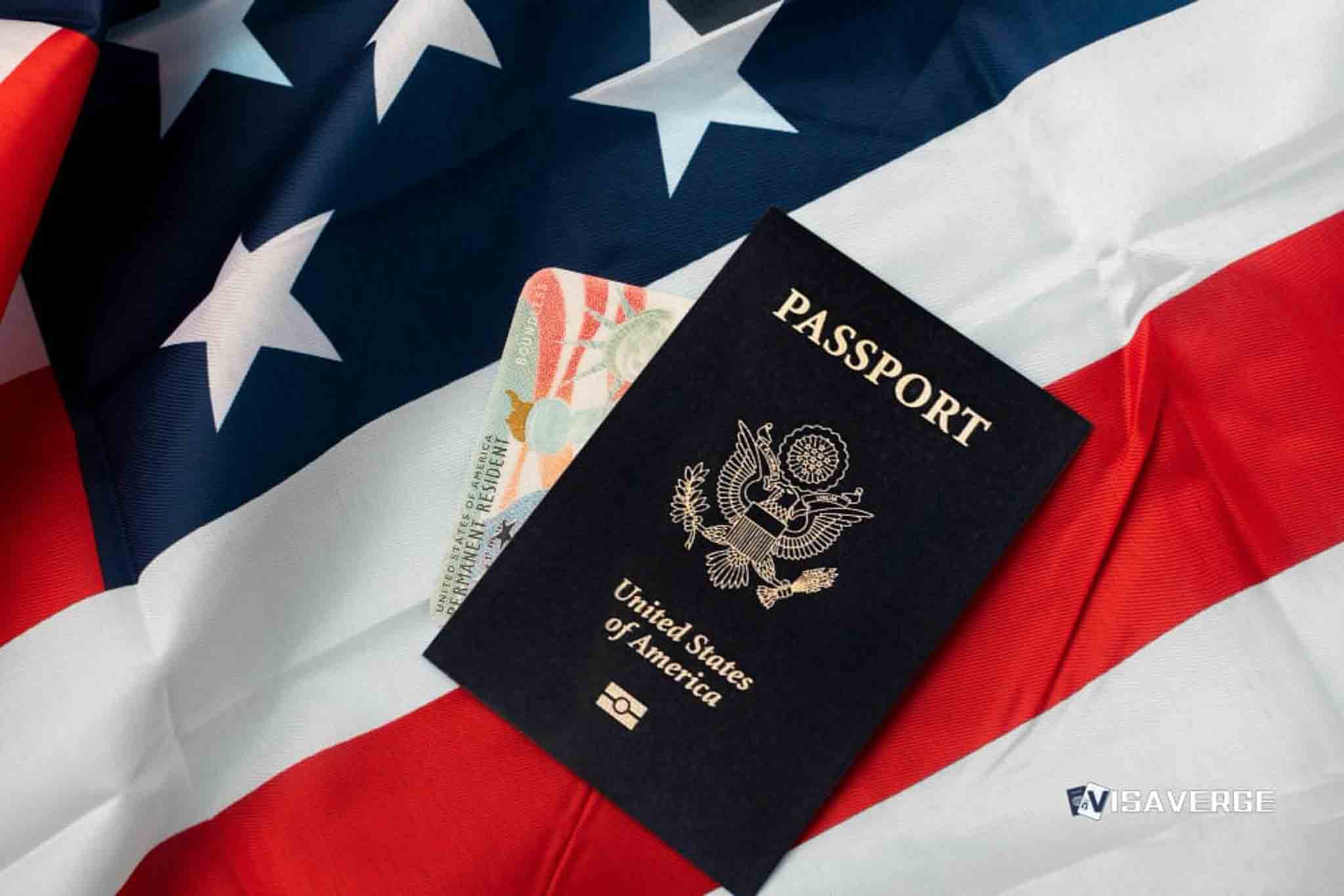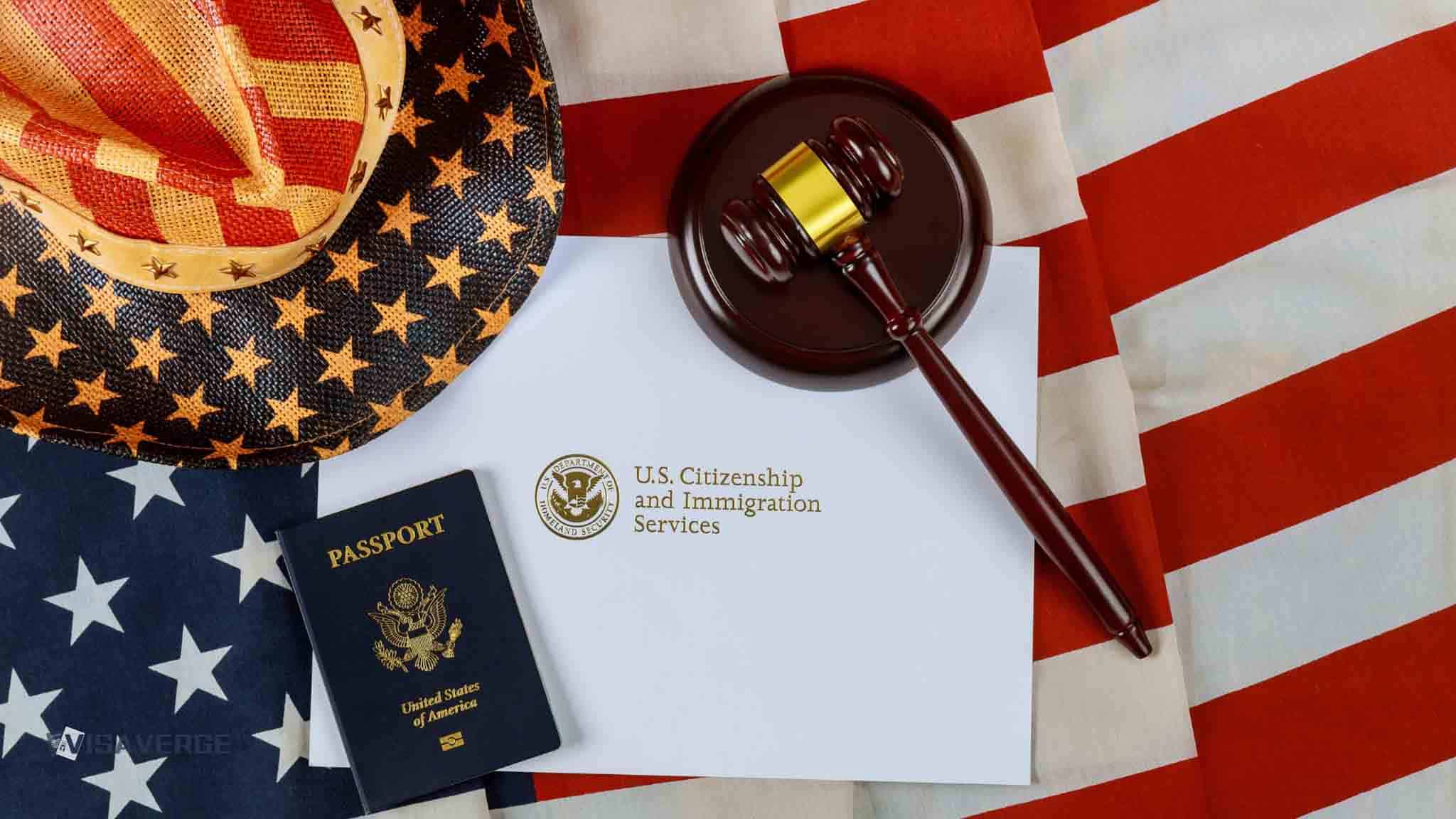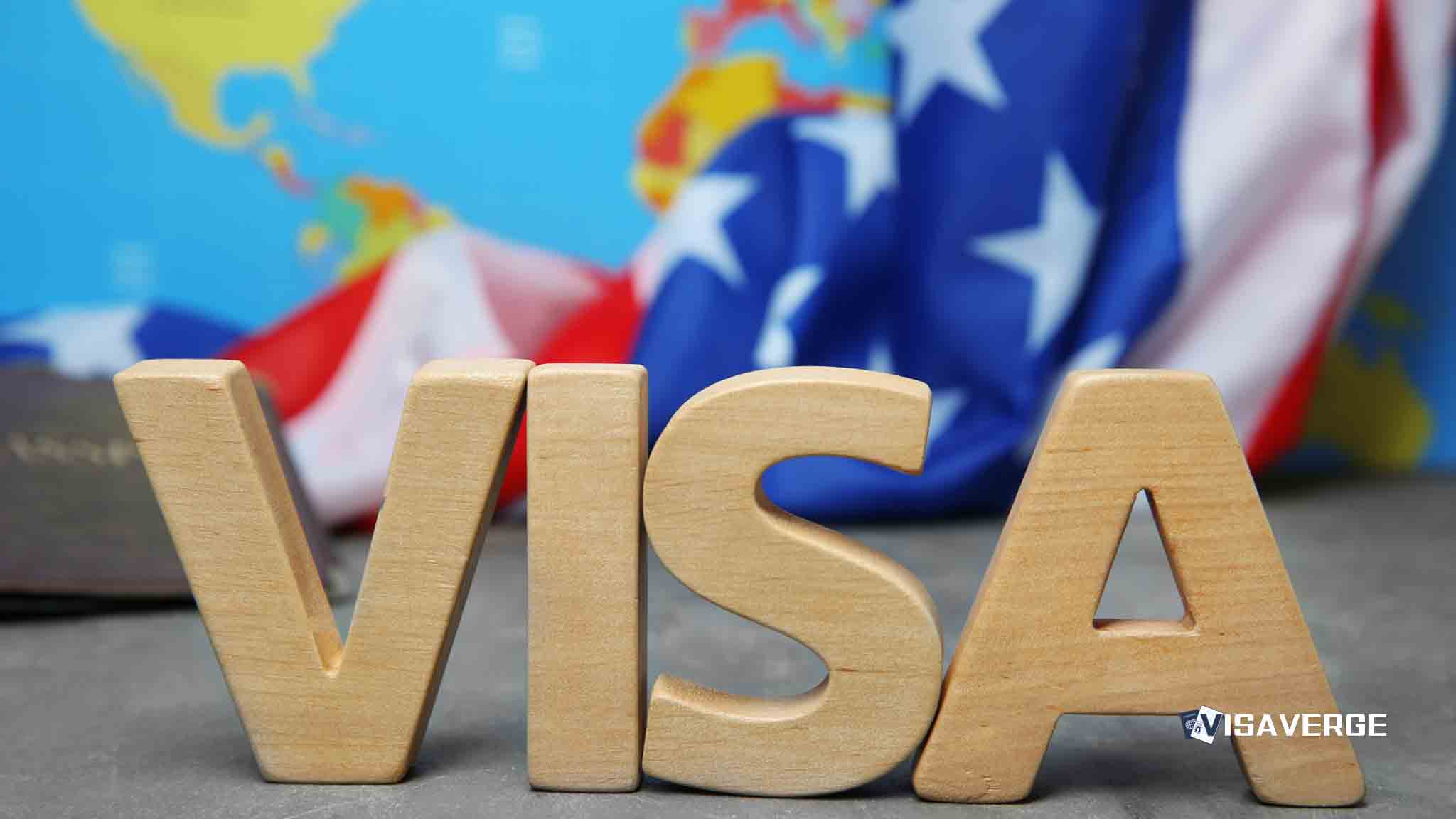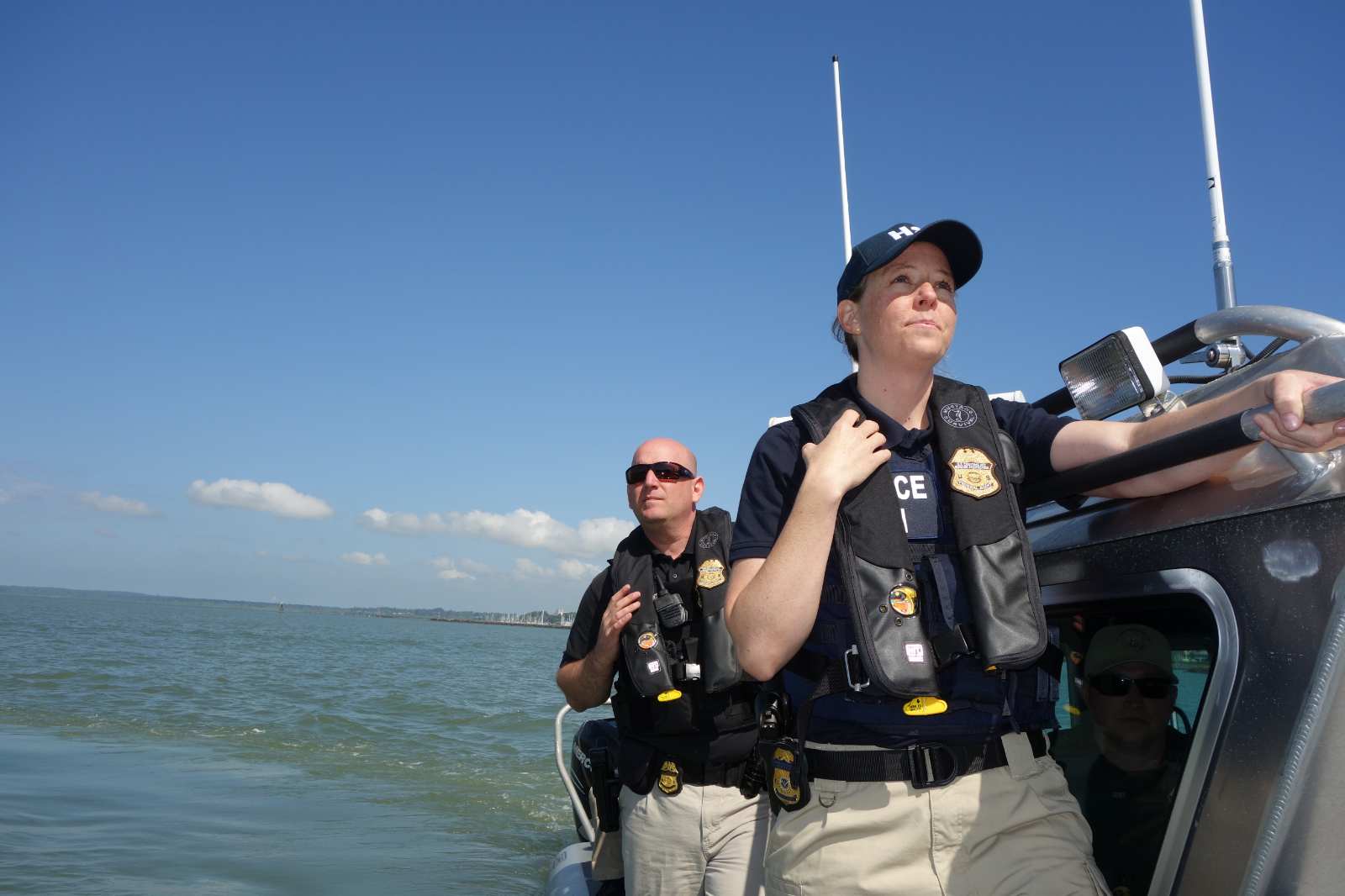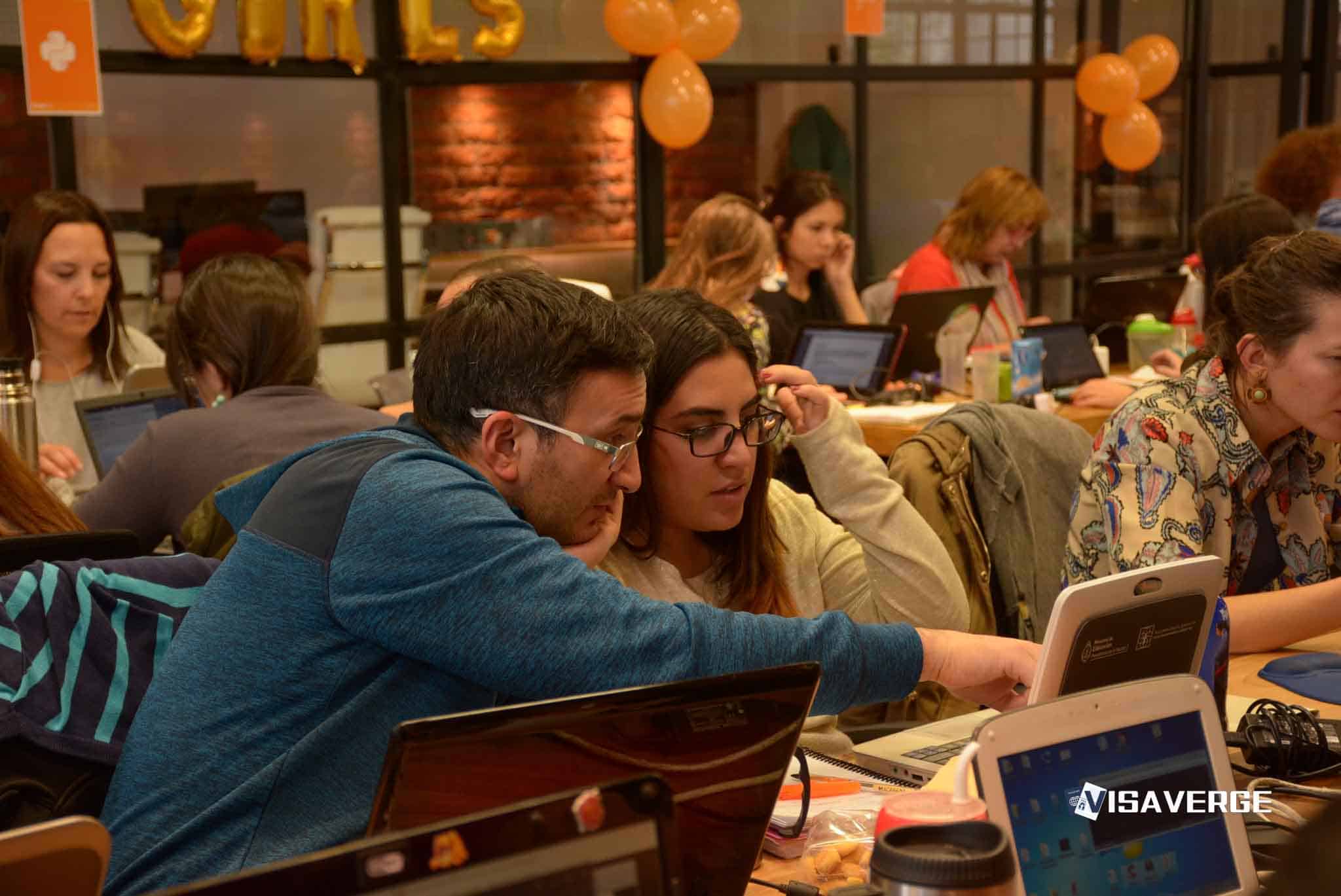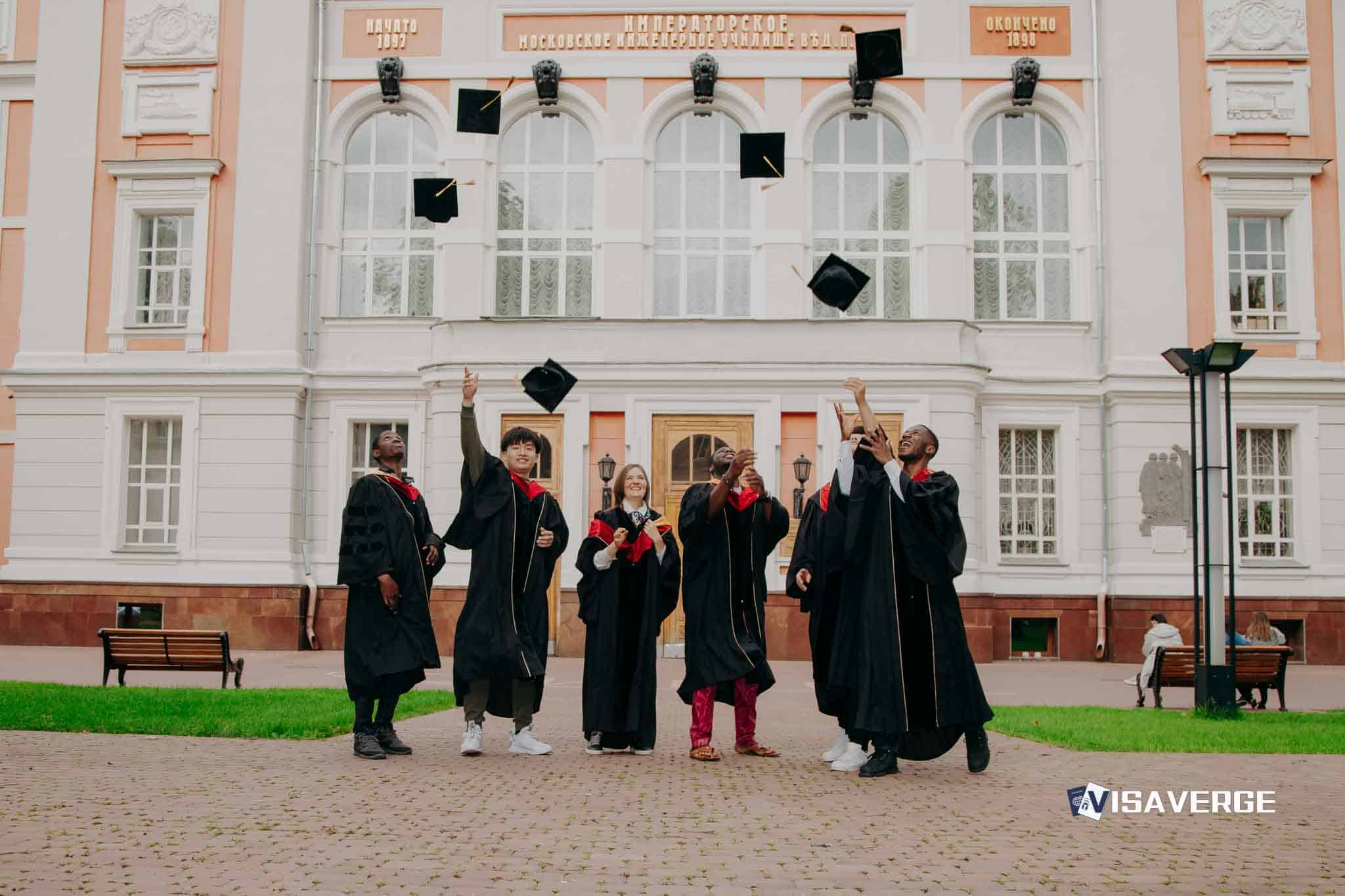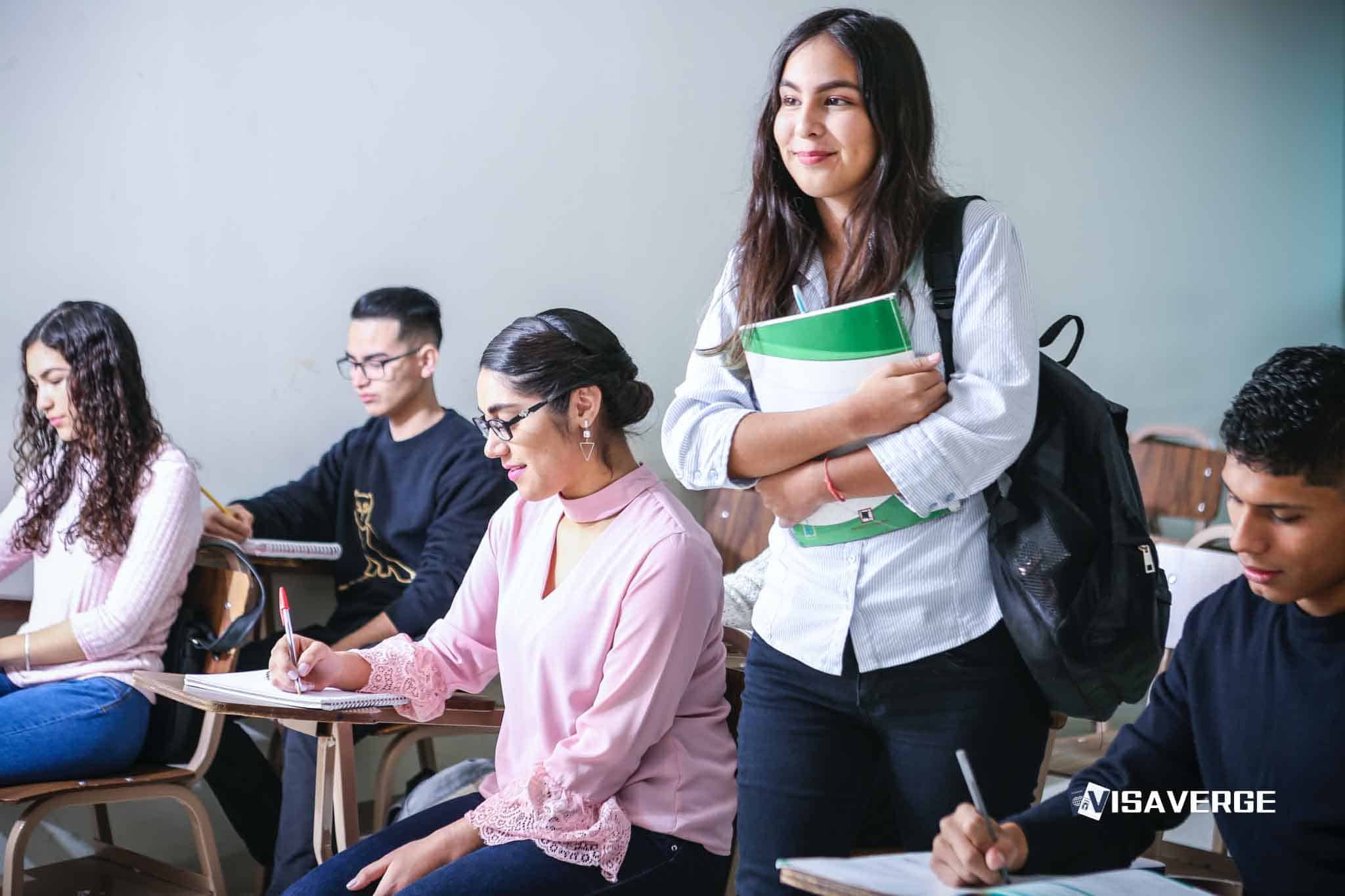Key Takeaways
• On March 13, 2025, DHS conducted campus-wide searches at Columbia University, targeting pro-Palestinian activists, causing tension and unease.
• Mahmoud Khalil, a permanent resident, faces deportation over alleged Hamas ties, with his case under federal court review.
• The federal government cut $400 million in Columbia funding, alleging failure to address antisemitic harassment, impacting its financial stability.
In early 2025, Columbia University 🇺🇸 was thrust into the spotlight amid federal actions targeting activists participating in pro-Palestinian demonstrations. Among these incidents, a student fleeing Homeland Security agents without understanding why highlights the delicate intersection of national security, immigration enforcement, and civil liberties. The situation has sparked questions about the treatment of student activists and the federal government’s expanding presence on university campuses.
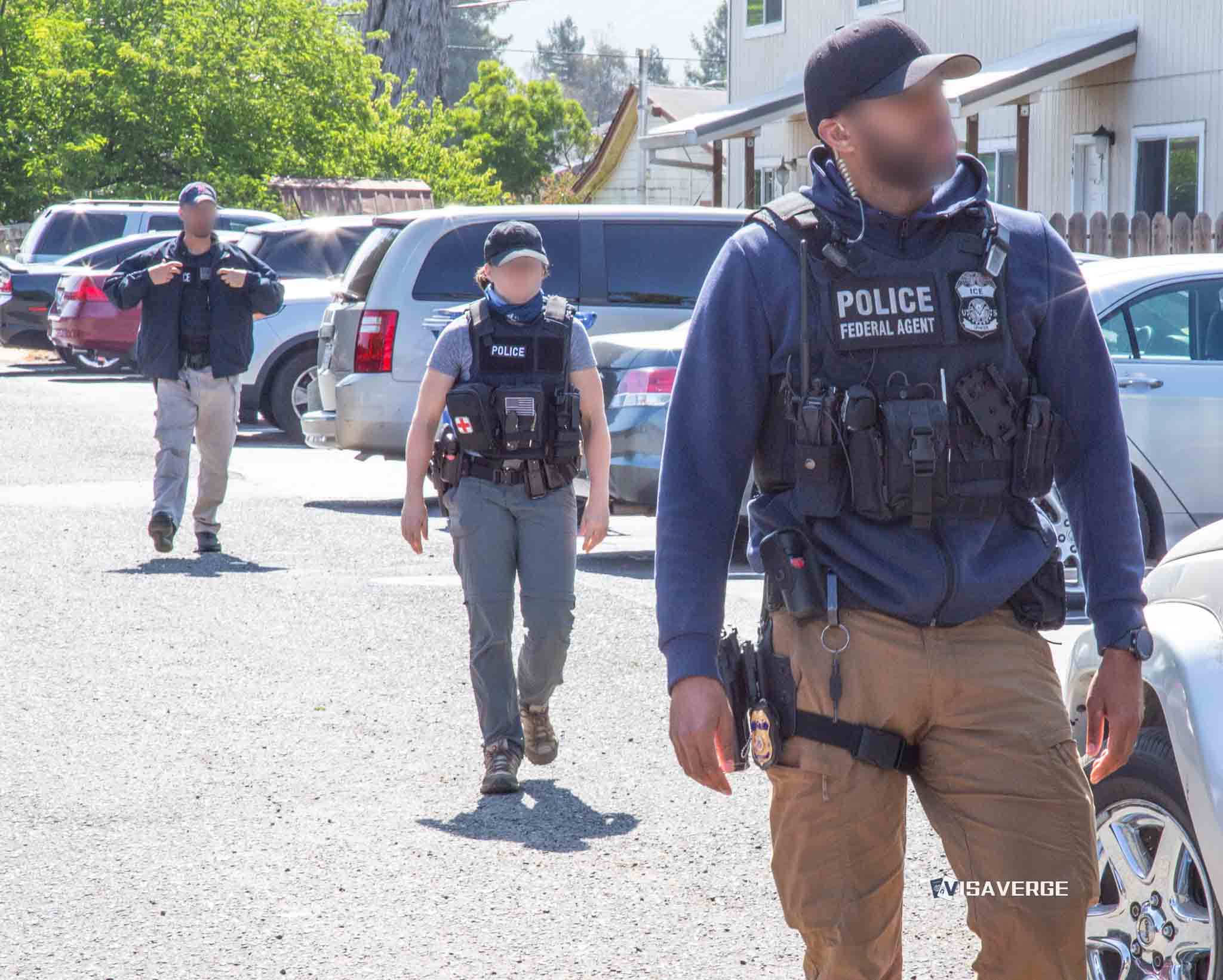
Federal Actions Target Campus Activism
Columbia University 🇺🇸 has become the focal point of federal scrutiny, particularly by the Department of Homeland Security (DHS). Recently, DHS has targeted students involved in pro-Palestinian protests, creating a tense environment between the government and the academic community. On March 13, 2025, DHS agents executed search warrants in student residences on campus. Although no arrests were made, the unexpected presence of federal officials caused concern among students and faculty.
Interim Columbia University President Katrina Armstrong expressed the school’s obligation to comply with lawful judicial warrants but noted the profound unease caused by federal enforcement on campus. This duality—adhering to legal obligations while protecting academic freedom—illustrates the difficult position universities face. These federal operations are not occurring in isolation; they mirror the current administration’s tight policies surrounding immigration and activism. In one of the most significant moves, the federal government cut $400 million in funding from Columbia University, citing an alleged failure to address antisemitic harassment—a charge widely debated on campus.
The actions at Columbia reflect a growing trend on campuses nationwide. Legal experts and advocacy groups warn that surveillance of student activists under the guise of national security could stifle free speech and endanger the fundamental principles of academic institutions.
Stories of Arrests and Intimidation
Several cases involving Columbia University 🇺🇸 students paint a complex picture of the ongoing tension between activism and federal oversight. The arrest of Mahmoud Khalil, a lawful permanent resident and prominent Palestinian activist, has gained considerable attention. Accused of ties to Hamas during campus protests, Khalil now faces the possibility of deportation. While he hasn’t been formally charged, his case highlights concerns about the government linking political causes with terrorism. A federal court ruling has postponed his deportation, signaling that his case will remain under intense legal scrutiny.
Another case involves Yunseo Chung, a Korean American student detained by immigration officials for participating in pro-Palestinian demonstrations. Chung, who grew up in the United States, successfully obtained a temporary restraining order from a U.S. District Judge, preventing her deportation while her case is reviewed. Her situation underscores the risks that activists—particularly international students—face when engaging in politically sensitive actions.
For other students, overstaying visas or bending immigration rules has been used as a pretext for legal action. Leqaa Kordia, a Palestinian student, was arrested for overstaying her student visa. Reports indicate that Kordia was already under scrutiny due to her participation in protests, which could suggest a pattern of targeting politically active individuals. Advocates say cases like Kordia’s reveal how even minor visa infractions can become flashpoints in larger disputes framed as national security concerns.
Not all students choose to remain in the United States to face legal battles. Ranjani Srinivasan, an Indian Ph.D. candidate, left for Canada after her visa was revoked. Federal authorities accused her of promoting violence, allegations she denied. Srinivasan’s departure shows the intense pressure international students feel when caught between the desire to continue their studies and concerns about personal safety.
Broader Context of Government Action
The situation at Columbia is not unique but is instead reflective of a wider crackdown on activists related to Palestinian rights. A similar case involving Rumeysa Ozturk, a doctoral student at Tufts University 🇺🇸, demonstrates the parallels. Ozturk’s visa was canceled for alleged support of Hamas, although she has not been charged with any crimes. Ozturk’s case, much like several incidents at Columbia, suggests a policy shift where immigration law is increasingly used as a tool for addressing political dissent.
Government efforts to monitor academic communities are not new, but the current actions signal heightened aggression. For example, past operations, such as the 2019 “University of Farmington” sting, were primarily focused on combating immigration fraud. In these instances, federal officials targeted students and recruiters involved in fake universities. Today’s strategies differ in scope, focusing less on fraud and more on political ideologies and activism.
Legal experts warn this shift conflates security risks with constitutionally protected actions, such as participating in protests. Critics argue that the government’s focus appears aimed at controlling political narratives on high-profile issues, particularly those that challenge U.S. policies in the Middle East.
Universities Caught in the Crossfire
Universities like Columbia are grappling with the conflict between their responsibilities to students and compliance with government demands. On one hand, institutions must adhere to laws and cooperate with legitimate federal investigations. On the other, they’re under immense pressure to promote free speech and protect students from discriminatory practices. This tension inevitably raises the stakes for administrators trying to balance these competing priorities.
Beyond Columbia, other institutions face similar pressures. Proponents of academic freedom fear federal interference could limit open dialogue and curtail research into controversial topics, particularly in fields like Middle Eastern Studies. Experts also emphasize the role of universities as safeguards of intellectual diversity, a role increasingly at odds with federal scrutiny.
Resistance from Advocates
Activists, legal professionals, and advocacy organizations have responded strongly to incidents at Columbia University 🇺🇸. These groups argue that the government’s actions risk crossing fundamental constitutional boundaries. They have called for clearer guidelines that prevent immigration law from being used to suppress political thought or intimidate students into silence. Students and their supporters emphasize the importance of due process, insisting that federal agencies must provide transparency to justify their actions.
Some prominent voices have noted the strategic nature of targeting international students. Immigrants often have fewer legal protections than U.S. citizens, making them more vulnerable to deportation and intimidation. Critics claim this strategy exploits the precarious situation of international students, turning them into easy targets when government agencies seek to enforce broader agendas.
The Aftermath and Unresolved Questions
Among the many cases emerging from Columbia, one stands out: the student who ran from Homeland Security without knowing why they were pursued. This tragic narrative highlights the opacity of government enforcement efforts. Without clear charges or accessible evidence, students are left stranded, fighting administrative battles with limited resources. For many, this raises a chilling question—are the actions taken truly in the name of national security, or do they represent a calculated attempt to curb activism?
The long-term effects on Columbia’s students are uncertain, but the cultural and financial implications for the university are already clear. Losing federal funding and becoming a focal point for immigration debates may influence enrollment decisions, particularly among international students considering studying in the U.S.
The Broader Message
The Columbia University 🇺🇸 cases go beyond immigration policy. They lay bare the complex ties between academic freedom, political activism, and government power. Columbia students, like Mahmoud Khalil and Yunseo Chung, symbolize the growing tension between standing up for personal beliefs and facing harsh consequences. As higher education intersects with political activism, these stories serve as urgent reminders of how fragile freedoms can be in times of heightened scrutiny.
Ongoing debates over these incidents reveal a need for a larger, more inclusive national conversation about the limits of government action in academic spaces. What happens at Columbia could very well shape the future of immigration law enforcement and civil liberties across the U.S. As these legal battles unfold, students, activists, and institutions must navigate an uncertain path forward.
For official information related to immigration policies and student visa regulations, you may refer to the official U.S. Citizenship and Immigration Services (USCIS) website. Additionally, insights from VisaVerge.com have highlighted the intricate challenges faced by international students grappling with these far-reaching immigration issues.
Learn Today
Judicial Warrant → A legal document issued by a court granting authorities permission to perform actions like searches or arrests.
Lawful Permanent Resident → A non-citizen authorized to live and work in the U.S. indefinitely, often referred to as a green card holder.
Deportation → The formal removal of a foreign individual from a country due to a violation of immigration laws or regulations.
Academic Freedom → The right of students and faculty to explore and discuss ideas without fear of censorship or retaliation.
National Security → Government efforts to protect a nation from threats like terrorism, espionage, or other forms of harm, often shaping policy decisions.
This Article in a Nutshell
Campus Activism Under Fire
Columbia University 🇺🇸 faces heightened federal scrutiny as student activists encounter immigration-related crackdowns. Cases like Mahmoud Khalil’s potential deportation and Yunseo Chung’s detention reveal a troubling blend of national security and political suppression. These actions spotlight growing tensions between academic freedom and government oversight, sparking urgent debates over civil liberties in modern academia.
— By VisaVerge.com
Read more:
• Court Halts Deportation of Tufts Student Rumeysa Ozturk to Turkiye
• Your Complete Guide to Applying for a Swiss Student Visa
• Your Complete Guide to Dubai Student Visa: Requirements and Process
• Your Complete Guide to Singapore’s Student’s Pass: What You Need to Know
• The Faces Behind International Students Targeted for Deportation




